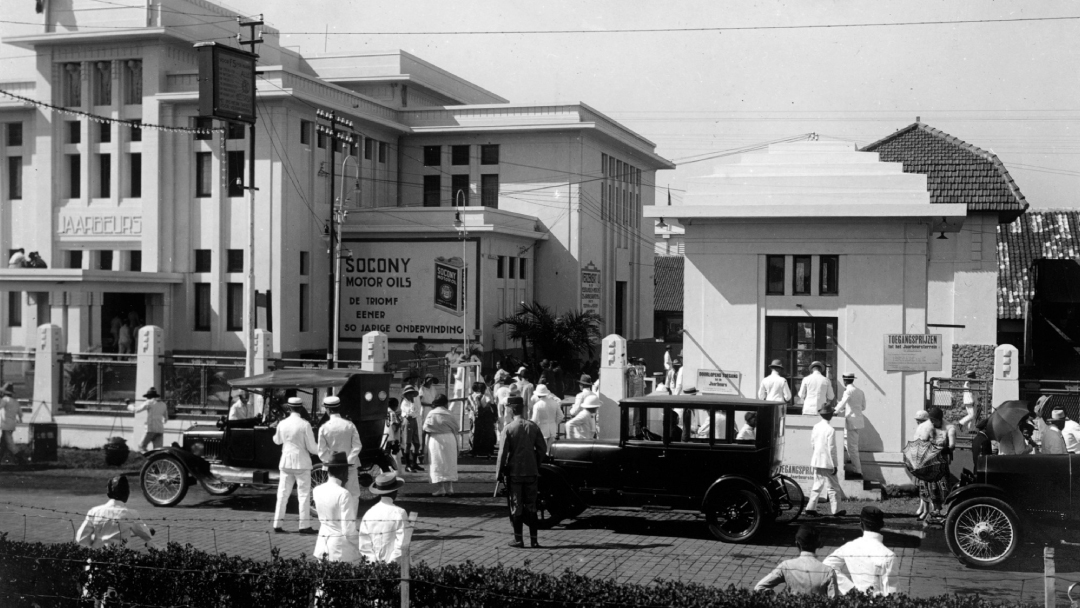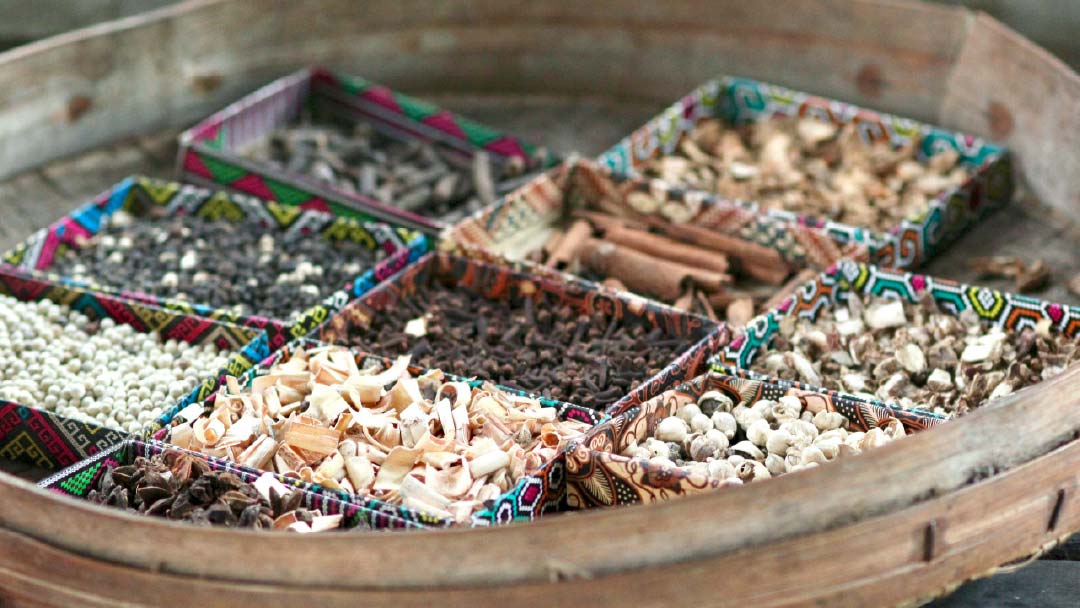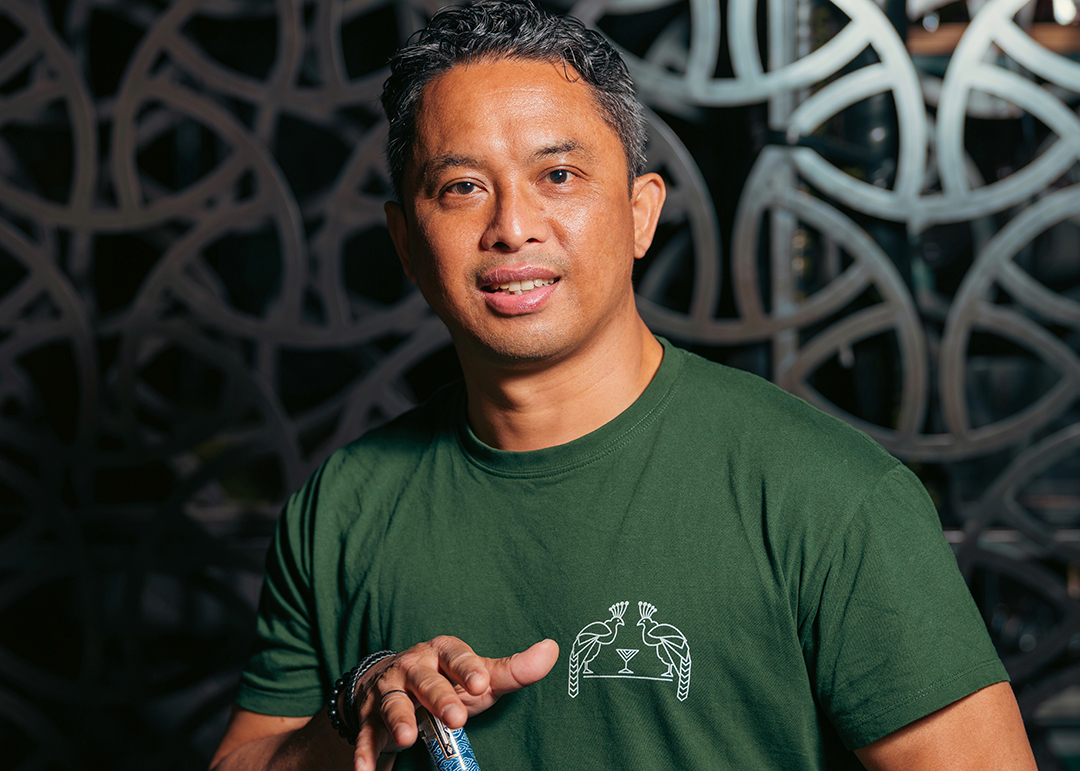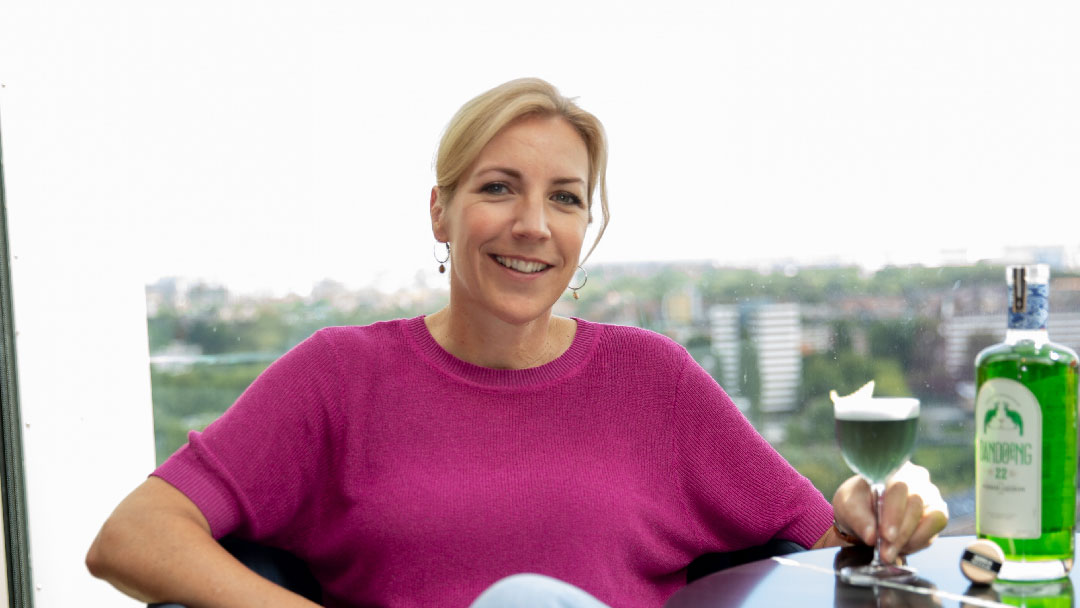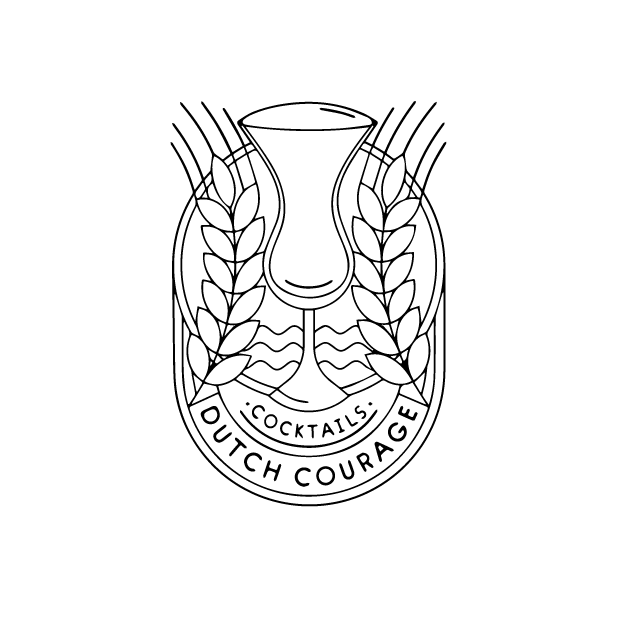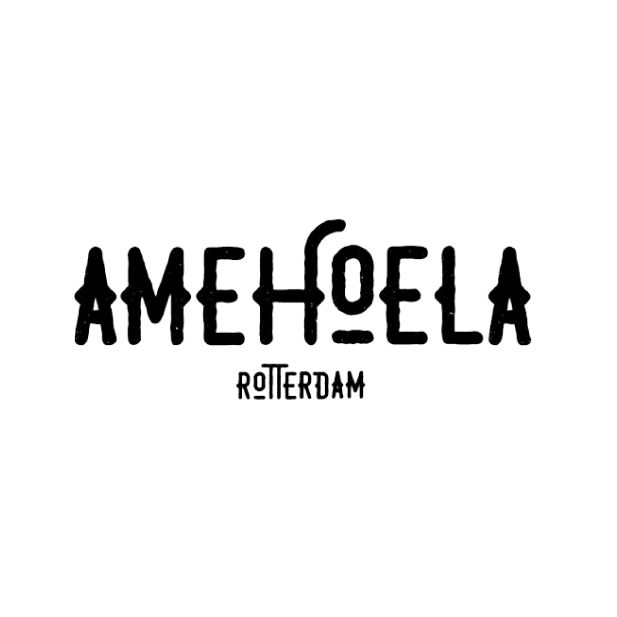Our brand Bandoeng’22 is named after Bandung
A city that holds deep familial roots for us. Our grandparents, parents, aunts, and uncles shared countless inspiring and heartwarming stories from their time living or visiting there many decades ago. So, what makes Bandung so special and why did we name our Pandan Liqueur after this city?
The Rich History of Bandung, Indonesia
Bandung, the capital city of West Java province in Indonesia, is a city steeped in history and culture. Known for its cool climate, beautiful landscapes, and vibrant cultural scene, Bandung has a unique and storied past that has shaped its development into the bustling urban center it is today.
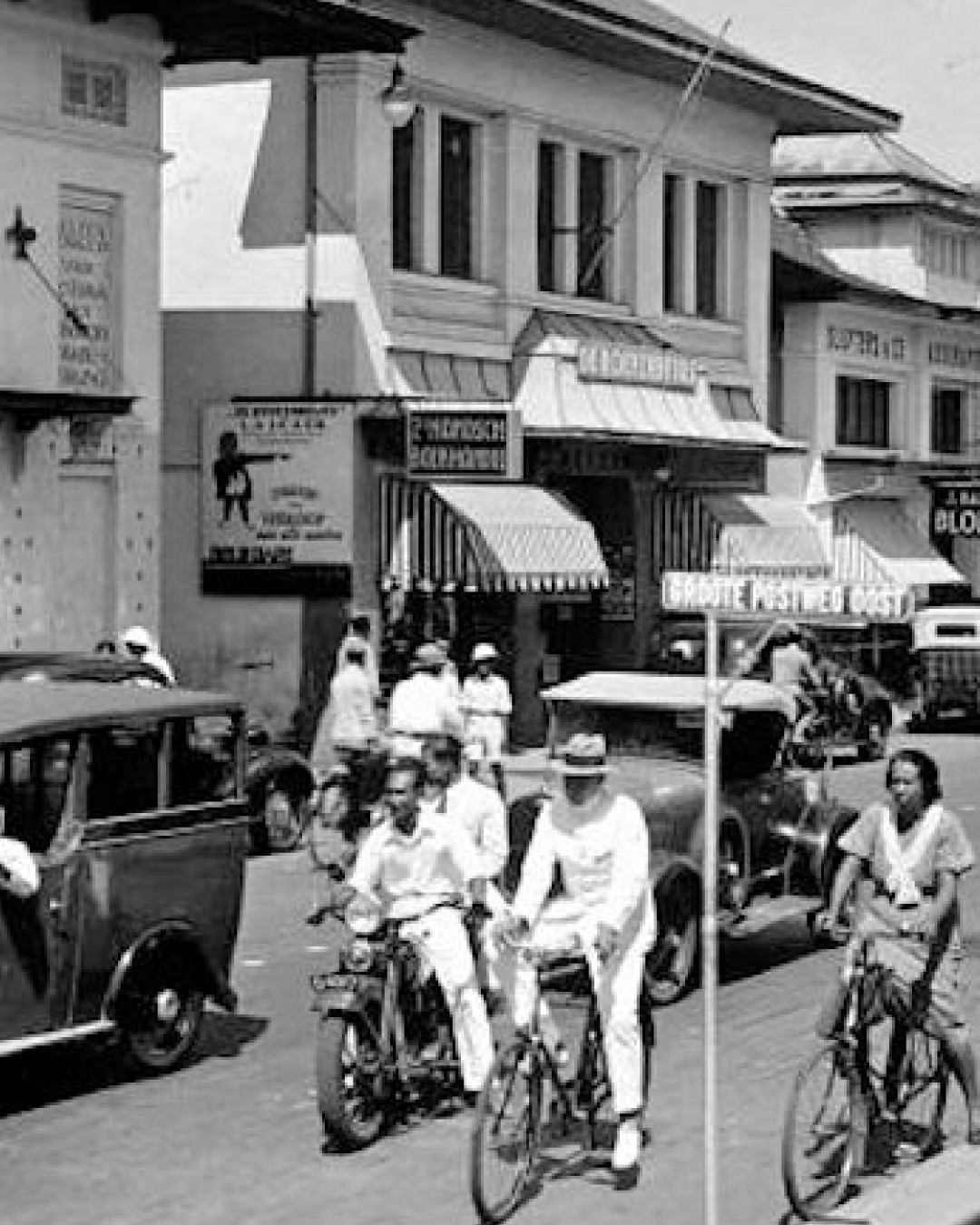
Early History and Founding
Bandung’s history dates to ancient times when it was part of the Sundanese Kingdom of Pajajaran. The area was inhabited by the Sundanese people, who established small settlements and engaged in agriculture and trade. The fertile volcanic soil and strategic location near major trade routes made the region an attractive place for early settlers.
The official founding of Bandoeng (original spelling) is often attributed to the early 19th century. On September 25, 1810, the Dutch colonial administration, under the direction of Governor General Herman Willem Daendels, moved the capital of the Priangan Residency from Cianjur to Bandung. This move was part of Daendels’ efforts to improve the administration and infrastructure of the Dutch East Indies.
Dutch Colonial Era
During the Dutch colonial period, Bandung underwent significant development. The construction of the Great Post Road (De Grote Postweg) by Daendels, which connected the western and eastern parts of Java, played a crucial role in Bandung’s growth. The road improved accessibility and facilitated trade, leading to an influx of settlers and economic activities.
In the late 19th and early 20th centuries, Bandung emerged as a prominent center for education, culture, and commerce. The establishment of various schools, including the prestigious Technische Hoogeschool te Bandoeng (now Institut Teknologi Bandung or ITB), in 1920, cemented Bandung’s reputation as an intellectual hub. The city’s Art deco-style architecture, lush gardens, cool climate and lots of party’s attracted Dutch settlers and successful Indonesians, earning it the nickname “Paris of Java.”
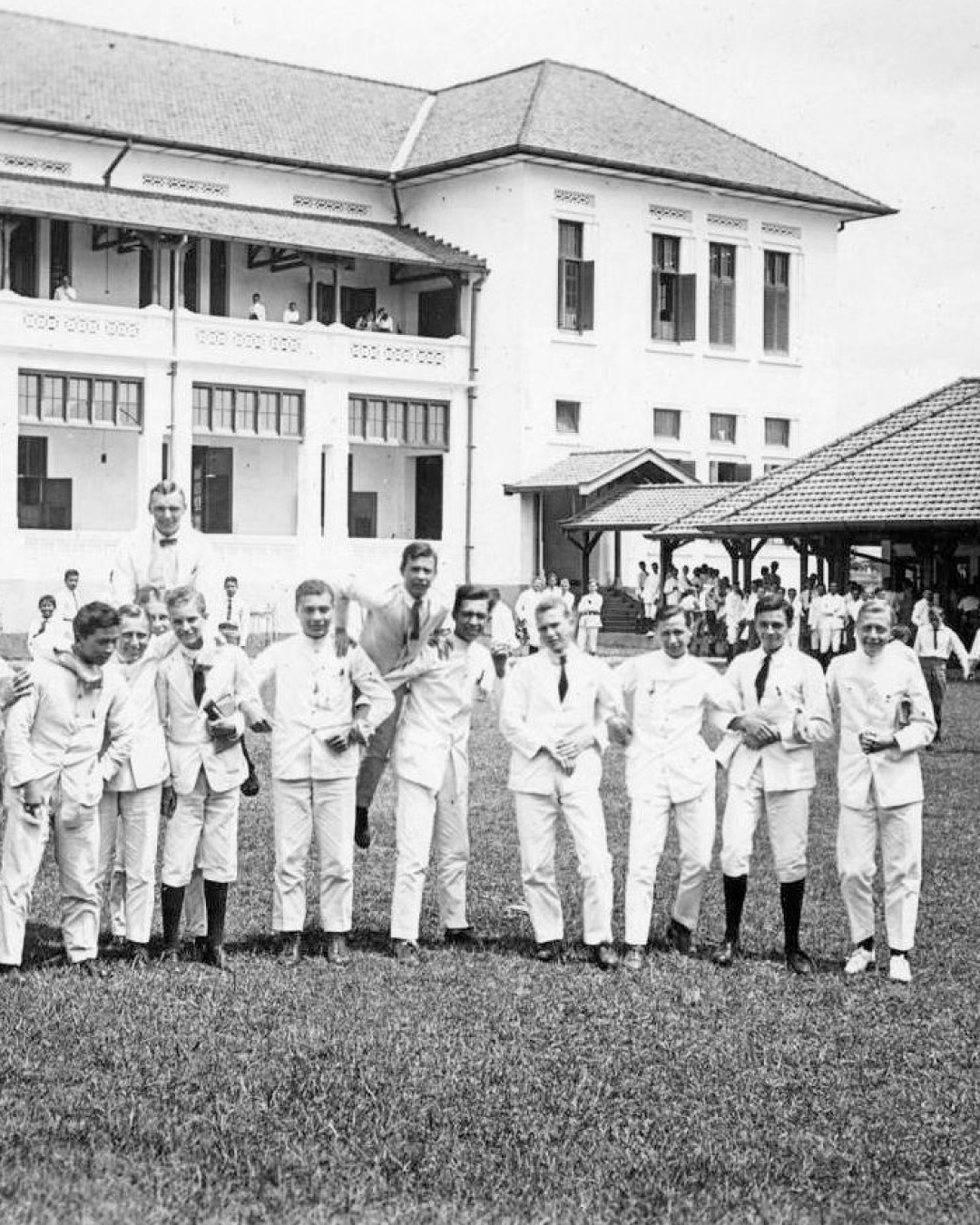
Pandan in Bandung
As pandan leaves grow throughout all of Indonesia it was also a common plant to be cultivated in the fields and gardens of Bandung. As a fragrant plant and food coloring agent it is used in many Bandung kitchen. Even today.
Post-Independence Development
After Indonesia gained independence in 1949, Bandung continued to grow and evolve. The city became a center for political, economic, and cultural activities in West Java. It hosted the historic Asian-African Conference in April 1955, which brought together leaders from 29 countries to discuss issues of mutual interest and promote solidarity among Asian and African nations. The conference marked a significant moment in Bandung’s history, highlighting its importance on the international stage.
In the subsequent decades, Bandung underwent rapid urbanization and industrialization. The city’s population grew, and it became a major center for textile manufacturing, earning the nickname “Kota Kembang” (City of Flowers) due to its thriving textile industry and beautiful floral gardens. The establishment of various universities and research institutions further solidified Bandung’s reputation as an educational and technological hub.
Modern Bandung
Today, Bandung is a vibrant and dynamic city known for its blend of historical charm and modernity. It is a popular destination for tourists, who come to enjoy its cool climate, colonial-era architecture, and scenic landscapes. The city’s culinary scene, fashion outlets, and creative industries have also gained international recognition.
Bandung’s economy has diversified, with significant contributions from the manufacturing, education, tourism, and technology sectors. The city continues to attract students, entrepreneurs, and professionals from across Indonesia and beyond.
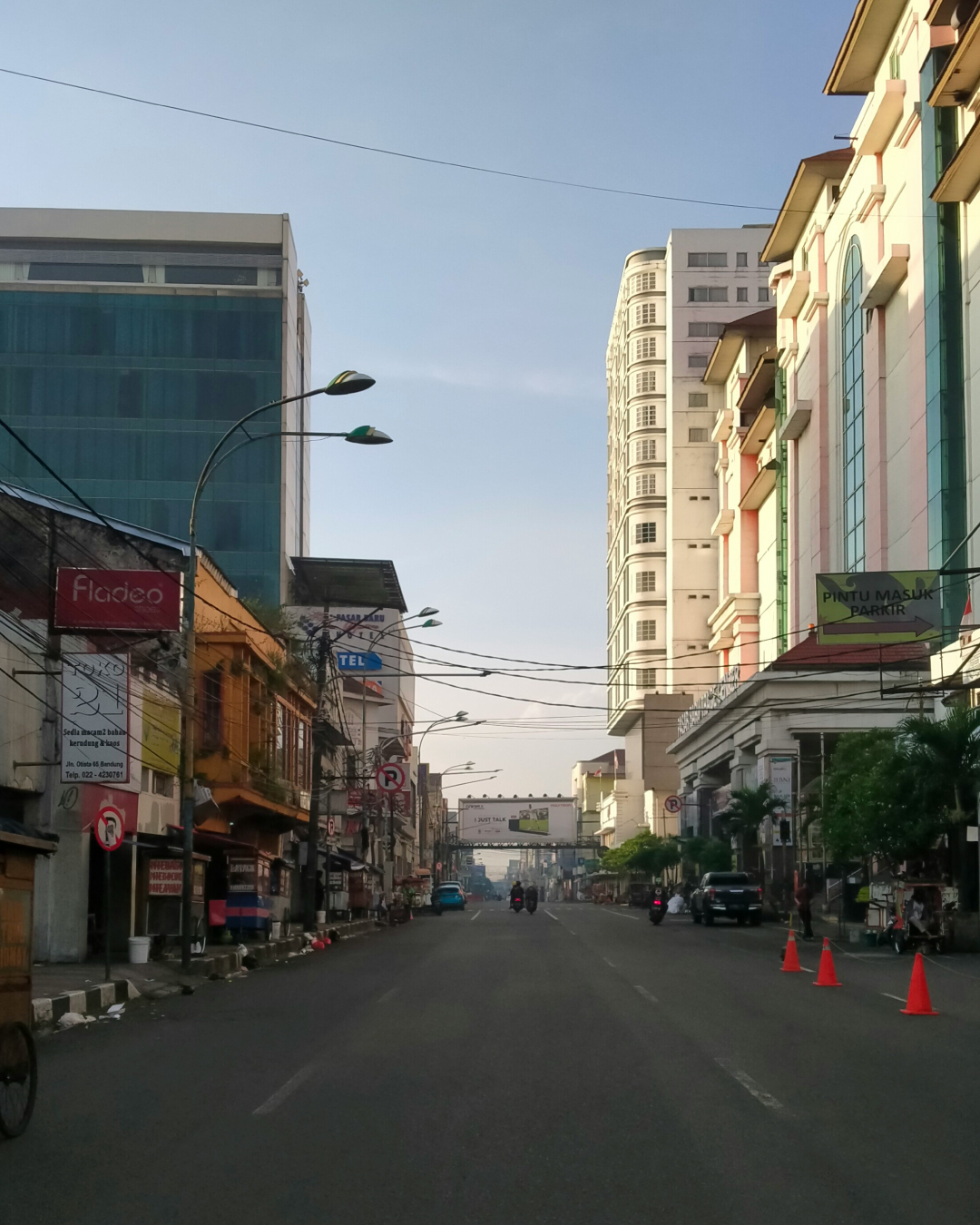
Conclusion
The history of Bandung is a testament to its resilience, cultural richness, and strategic importance. From its early days as a settlement in the Sundanese kingdom to its role in the fight for independence and its status as a thriving metropolis, Bandung has continuously evolved while preserving its unique identity. As Bandung looks to the future, it remains a city of innovation, creativity, and historical significance, poised to play a crucial role in Indonesia’s ongoing development. This city was not only the place where our familie use to live, it was also the inspiration for naming our brand Bandoeng (old spelling).
About Bandoeng’22
Bandoeng’22 is a multi-award-winning liqueur with the distinguished taste, scent and color of pandan. Established in 2019, it’s made in the Netherlands and is a tribute to our Dutch-Indonesian heritage. Bandoeng’22 is the liqueur to give cocktails and desserts an Asian twist.

